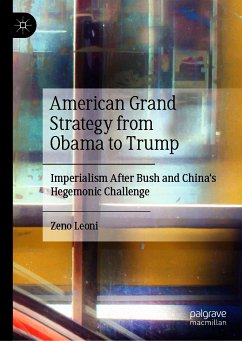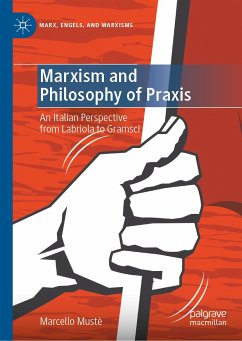
The Political Economy of Sanctions: Resilience and Transformation in Russia and Iran (eBook, PDF)
Versandkostenfrei!
Sofort per Download lieferbar
96,95 €
inkl. MwSt.
Weitere Ausgaben:

PAYBACK Punkte
48 °P sammeln!
This book presents a comparative analysis of Russia and Iran under sanctions. Whilst the growing literature on sanctions has focused primarily on their effectiveness, much less attention has been paid to the ways in which sanctions have transformed target societies and states. Despite, or indeed because of, the relentless enactment of sanctions, Russia and Iran have become increasingly Hobbesian in their governance - more self-reliant, less democratic, and more aggressive towards the West. The author explores these developments through a novel Welfare State Regime framework (WSR) that combines...
This book presents a comparative analysis of Russia and Iran under sanctions. Whilst the growing literature on sanctions has focused primarily on their effectiveness, much less attention has been paid to the ways in which sanctions have transformed target societies and states. Despite, or indeed because of, the relentless enactment of sanctions, Russia and Iran have become increasingly Hobbesian in their governance - more self-reliant, less democratic, and more aggressive towards the West. The author explores these developments through a novel Welfare State Regime framework (WSR) that combines welfare state functionality with institutional, economic, and cultural structural dimensions.
Dieser Download kann aus rechtlichen Gründen nur mit Rechnungsadresse in A, B, BG, CY, CZ, D, DK, EW, E, FIN, F, GR, HR, H, IRL, I, LT, L, LR, M, NL, PL, P, R, S, SLO, SK ausgeliefert werden.












